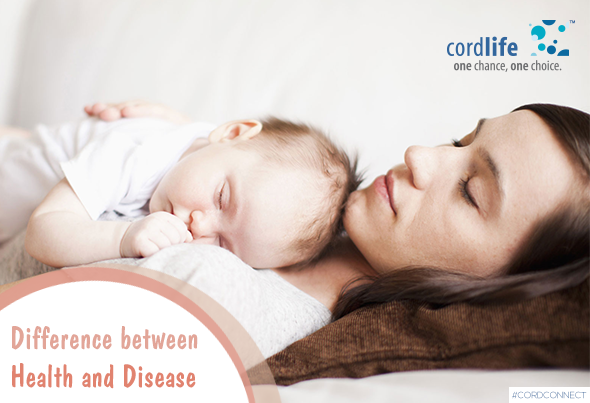Table of Contents
For any parent, their most precious creation is their child. All the money one makes, all the possessions one acquires, all the houses one can afford to purchase…everything pales in comparison to the sight of one’s lovely child.
As an expectant parent, you have probably done everything you could to welcome your baby into your world. The nursery is decorated, there are scores of soft toys and clothes in his wardrobe, and you’ve found the most perfect bassinet for your baby. Now all that remains is the actual birth so you can take your precious bundle of joy home.
But wait – did you arrange for your baby’s cord blood to be banked?
Why Save Cord Blood?
Banking your baby’s cord blood is the single most important task you can undertake for your child’s future happiness. This is because your baby’s cord blood is a valuable repository of precious stem cells that have proven their mettle in the treatment of 80 serious diseases. These diseases have not been cured by other conventional methods thus far, and they include several forms of cancer and other auto-immune deficiency disorders. Cord blood contains Haematopoietic Stem Cells (HSCs) – these HSCs have the ability to regenerate into different blood cells such as White Blood Cells (WBCs), Red Blood Cells (RBCs) and platelets. Hence, they automatically become the primary resource for treating such acute blood disorders like leukaemia, or immune deficiencies.
In the unfortunate event that your child develops a serious disease at a later stage in life, his banked cord blood can actually save his life. Cord blood storage is done under special conditions in dedicated cord blood banks and the blood unit may be retained for a period of 21 years for a yearly payment. Parents can withdraw the blood unit at any time during this period for use in their child’s treatment on the permission of their doctor.
The biggest gift you can bestow on your child is a long life free of disease. To this end, cord blood storage helps maximise his chances of dodging future health uncertainty – cord blood cells have been known to be efficacious in the treatment of such diseases as Sickle Cell Disease, Hodgkin’s Lymphoma and even ALL.
Besides, banked cord blood may also be used in treating your child’s sibling or a close relative with a matching blood type. It need not be used for your child alone. However, it is an excellent back-up resource that can assuage your fears about your child’s future, especially if there is a history of genetically-acquired ailments in the family.
